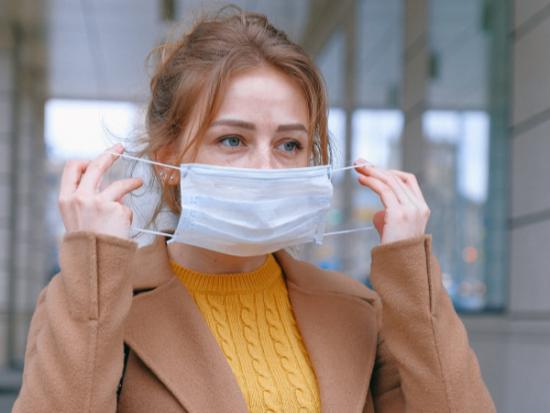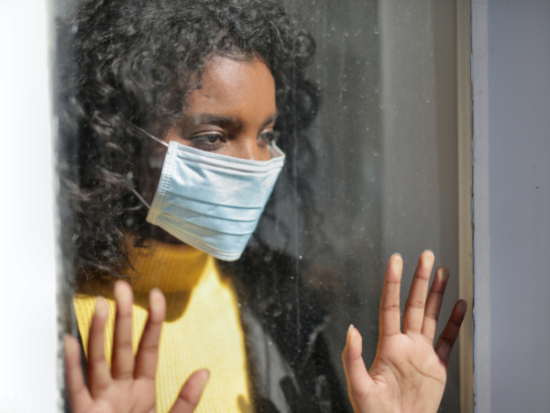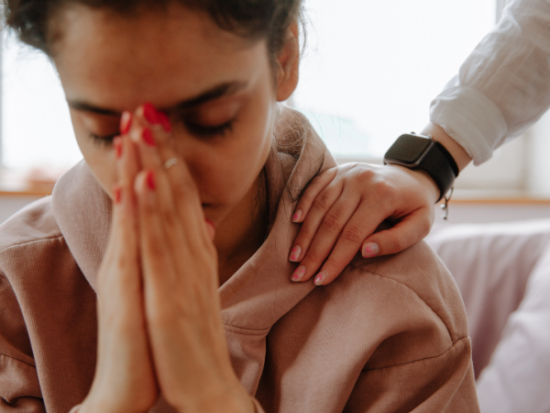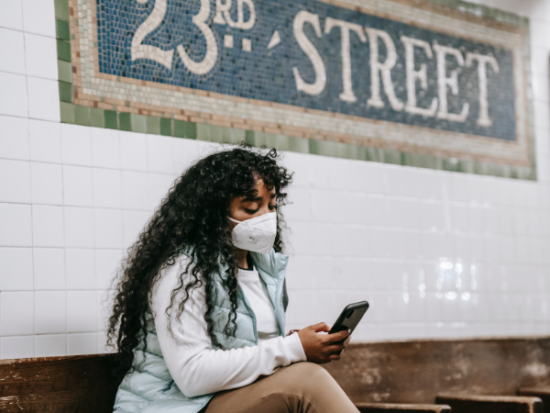Can COVID cause depression?
When the COVID-19 pandemic hit the United States, no one expected us to be in quarantine for this long. Some thought a few weeks, if that, others did not know.
Now, we’re over a year into the pandemic. People are scratching their heads. We have been without outdoor interactions with people, vitamins are depleting, and we’re depressed.
This leaves us to this question, can COVID cause depression? Being depressed seems to be the norm these days, so how do we fix this? Do COVID and depression go hand in hand?
COVID depression is not out of the question. Many studies are being conducted on this subject today.
Related Articles
Can I Get COVID More Than Once?
How to Calculate Inflation Rate
Here’s How to Relax with CBD
What are the Effects of the COVID-19 Pandemic on Mental Health?
The COVID-19 infection has taken a toll on many people. We have lost family members, we’ve been put through the wringer, and some of us have experienced traumatic stress.
There has been researching performed at Harvard Medical School about this topic. They put out some great work on the effects of coronavirus and your mental state. The study discusses how the pandemic has caused many people to experience symptoms of anxiety.
One of the lead researchers and professors at Harvard Medical School, Dr. Roy Perlis, has researched this subject. He states that there are many who, once getting COVID-19, experience symptoms of anxiety or depression. The doctor discusses that the combination of chronic stress during the pandemic can cause depression.
Adding social media platforms to the equation will cause anxiety disorders to increase or develop. There has been a link found between headaches during COVID-19 and depression. The article put out by Harvard mentions that half of the coronavirus survivors fight depression daily. COVID-19 can affect the brain.
The reported symptoms of the infection deplete your smell, experience headaches, experience anxiety, and some have panic attacks often.
Related Article: How to Become a Counselor
Has the Pandemic Worsened Depression?
When the pandemic began, and you were diagnosed with depression, COVID-19 more than likely caused your depression to worsen. If you are having depression issues, the pandemic can cause them to worsen.
During this time, many will have more significant and more triggers to set off the depression. Many relapses can occur during this time. Many people with substance abuse problems have been affected horribly by the pandemic.
They have felt an increase in triggers, urges, and use of substances. During the pandemic, many essential workers, primary health care workers, have seen many of the worst of these cases.
Public health has struggled since the pandemic began. Public health officials have been looking for suitable approaches during this time.
They seem to be struggling to get the relevant information on vaccines out to the public as well. They’re trying hard to make a good impact on people’s lives before COVID does.
Symptoms Of COVID Depression
COVID-associated feeling sad symptoms are very similar to typical depression. There are some differences, however. Many people are diagnosed with depression, and a large portion of this is because of genetics. Other factors cause COVID depression.
These factors include outside factors and stressors. The symptoms of a pandemic caused depression is different for everyone. If you believe you are experiencing any of these symptoms or your health conditions worsen, please contact your primary care physician.
Related Article: CBD Gummies Dosage Guide
Here are the symptoms to look out for:
- Mood Swings: feelings of sadness, you are irritable, or apathetic
- Thinking changes: worrying, being negative, can’t concentrate
- Behavior changes: withdrawing or avoiding friends and family
- Physical changes: if you have low energy, no appetite, or sleep problems
- Motivation changes: you have no interest in anything, and you can’t get motivated
In addition to these, feeling like a burden to others is another symptom of depression and should be addressed. These are just a few symptoms to be on the lookout for. Addressing these symptoms can help many people these days.
The symptoms will not be fixed immediately, but working on them head-on can reduce them tremendously. The first step to addressing these symptoms is to reach out to your family and friends for a mental health check. A simple phone call can do wonders.
What to Do
Most of the time, your loved ones need someone to talk to about what they’re going through. You being there is the best feeling for them when they are alone.
Once these have been addressed, we can all get back to enjoying life, going back to work, and just being together with loved ones. Early detection of these symptoms is necessary as well. The faster they are of recognition, the better.
They’re not exclusive to COVID depression, but any of these can cause a major depressive episode. COVID depression can also cause people to have suicidal thoughts.
Being isolated is a significant cause of the suicide rates increasing during the pandemic. During the pandemic, many people have experienced anxiety, fear, confusion, and suicidal thoughts.
When someone has these thoughts, generally, it is from not being able to cope with what is happening. They feel the situation they are in is overwhelming or uncomfortable.
The pandemic has caused a lot of intense emotional feelings. Many people admit to having much more mental stress than before. There could be any number of reasons for these problems.
Related Article: Best States to Live in 2021
COVID depression could be the cause of suicidal thoughts.
There are ways to prevent suicide from occurring. Many suicide prevention groups are available in person or online. There are several online groups for suicide prevention.
If you are a parent and notice your child or spouse being withdrawn and unlike themselves, reach out to them. Being there for someone is unique, and you could save someone’s life too.
What are some of the long-term effects of COVID?
The Center for Disease Control and Prevention have been updating their website daily with lots of information about the infection.
They have helped get information out to Americans throughout this time. Our next question is about the long-term effects of COVID-19.
If you have suffered from coronavirus, you know how horrible it can be and its effects on your life. Some of these are long-lasting effects.
The long term effects of COVID-19 include shortness of breath, lingering cough, chest pain, heart palpitations, dizziness, lightheadedness, fatigue with limited ability to exercise, joint pain, muscle pain, loss of taste, loss of smell, sleep problems, IBS, mood swings, anxiety, and more.
If you experience any heart, breathing, or lung issues, you should contact a doctor, and they should monitor you.
Summary
To sum it all up, COVID-19 has changed our world. This pandemic has made people afraid of anything these days. We are in isolation, and some of us do not need to be alone at this time.
Uncertainty is terrifying for many people, and loneliness can cause sadness to increase. There is hope to those going through depression, anxiety, and evil thoughts of harming themselves.
Reach out to someone, anyone who you trust. Tell them what you’re going through. Now is not the time to feel embarrassed about what your feelings are. Reaching out can save people from having to be depressed alone.





